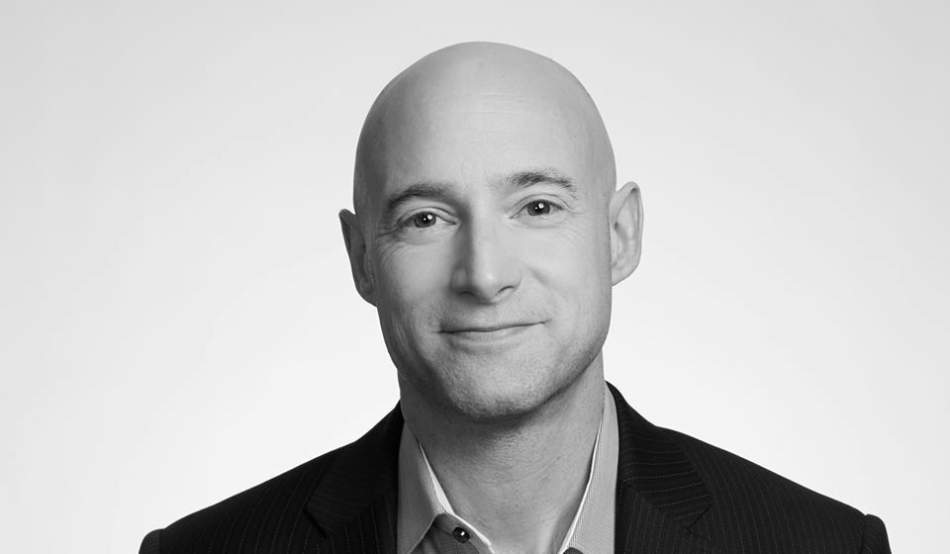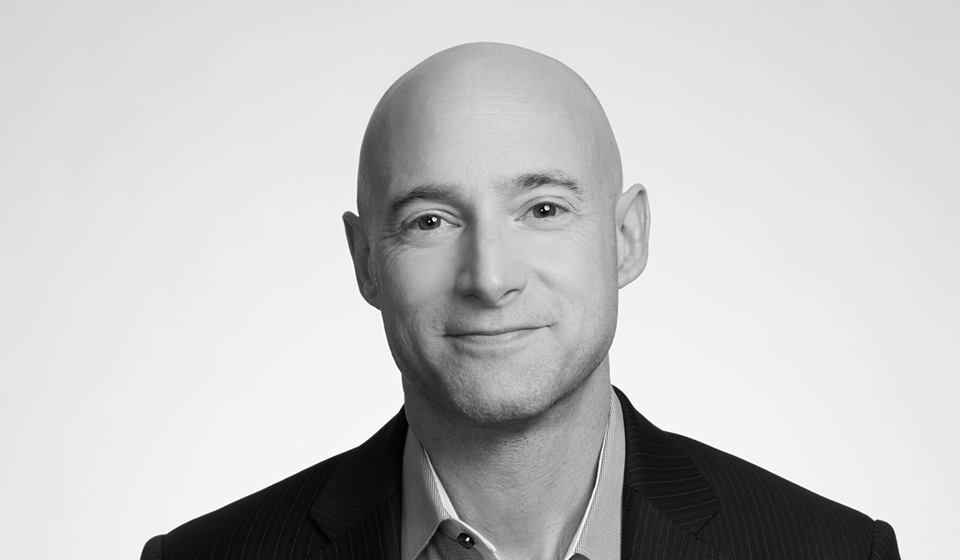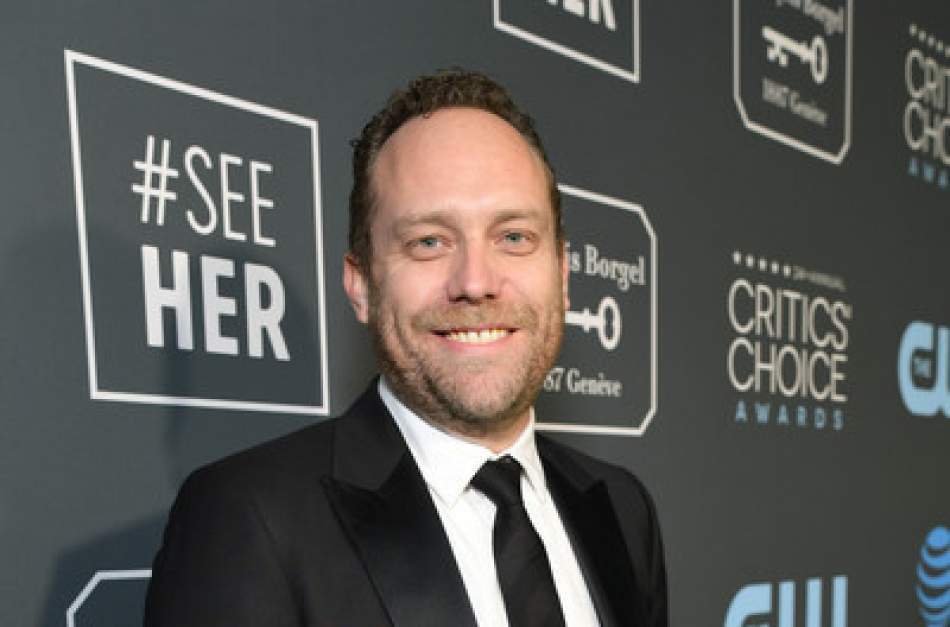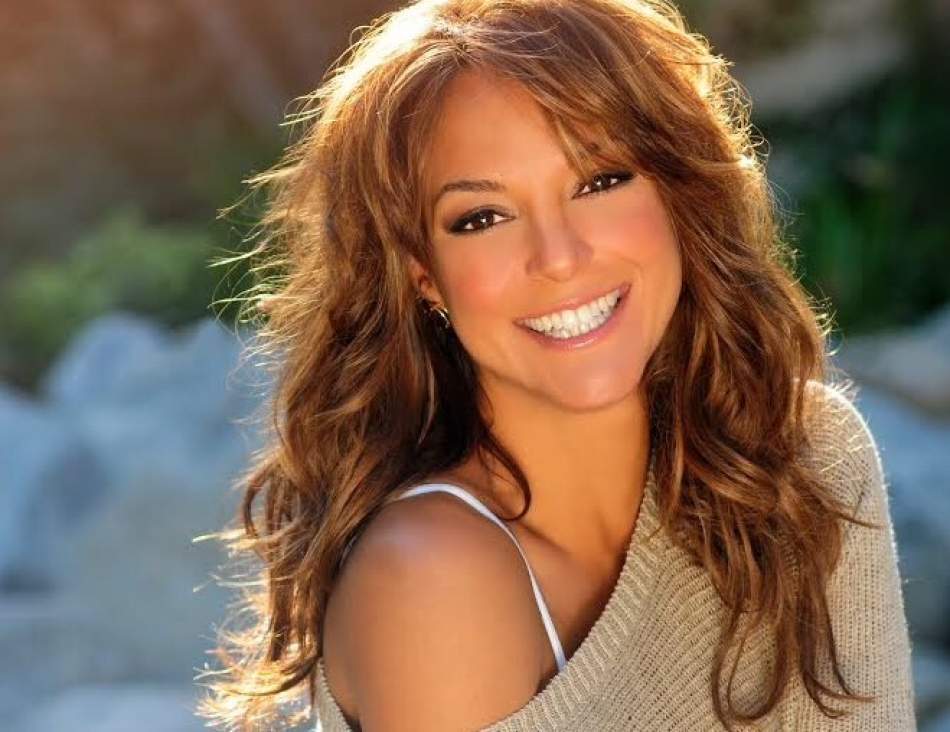Movie 'The Front Runner' with Hugh Jackman, interview with author Matt Bai
Daily / Interview - 14 February 2019
The Front Runner is a movie with Hugh Jackman, Vera Farmiga, J. K. Simmons.

Matt Bai is a journalist. The movie The Front Runner (2018) directed by Jason Reitman and starring Hugh Jackman, Vera Farmiga, J. K. Simmons is based on his book All the Truth Is Out: The Week Politics Went Tabloid (2014).
Q. How was born the idea of the book "All the Truth Is Out: The Week Politics Went Tabloid"?
Look at the Gallery: Movie The Front Runner
Q. How was born the idea of the book "All the Truth Is Out: The Week Politics Went Tabloid"?
A. This story grew out of my first meeting with Gary Hart at the end of 2002, when I wrote about him for the New York Times Magazine. The idea for a book probably hit me soon after, but I carried it around for many years before deciding there was something there to explore that no one had really thought much about. It was a difficult project for a lot of reasons — Senator Hart had to trust me enough to help with it, and I had to wrestle with a lot of my own experience and what I’d been taught as a journalist in order to figure out what I wanted to say about his story. But probably the hardest part for me was overcoming the skepticism of my own colleagues and friends, people whose opinions I valued a lot, who couldn’t really understand my obsession. After they read the book, a lot of my friends who care about politics and journalism told me something like, “Wow, I didn’t really understand what you were doing, but now I get it.” Maybe they were just being nice, or maybe I’d never figured out how to explain the concept of the book adequately before it was published, or maybe both. But I can tell you that not many people loved the idea before they read the book, and they may not have seen the relevance of Hart and his moment until President Trump was elected and suddenly the entanglement of politics and entertainment was plain to see. And I think there’s a lesson there, and one that I try to teach my kids, which is that sometimes you have to trust your instincts and follow your passion, even when other people don’t see it. I say in the introduction to the book that there’s a fine line between being obstinate and being visionary, and it's not always easy to find, but I hope I ended up on the right side of it.
Q. What is the method you followed to document yourself, even with direct sources?
A. I’m not sure I understand this question, but I think you’re asking how I verify information? You try to confirm facts with contemporaneous sources, or things written after, or with multiple interview subjects. But in the end, in a project like this, you sometimes have to rely on a single recollection that seems credible, and when I did I made sure to note that in the book. In general, I prefer to cite my sources in the text rather than footnote, because footnotes feel more academic and less narratively seamless to me. There were a few critical instances in which contemporaneous accounts differed from the recollections of those same people at the time, and in that case I tended to side with the written accounts, because the stories we tell ourselves 20 years after the fact aren’t as reliable as what we knew to be true at the time.
Q. The book has also become a movie. Did you collaborate on the screenplay? Have you collaborated with the director Jason Reitman?
Q. Yes, as a matter of fact, I co-wrote the screenplay with Jason and my friend Jay Carson, with whom I’ve done some other screenwriting. I’m also an executive producer on the movie, so I was there for most of the shoot, which we just finished in November. Jason is an amazingly talented director. You should be able to see the film sometime late in 2018, if all goes according to plan. I’ve never had more fun as a writer or learned more in such a short time. It’s been a remarkable experience.
Q. Are you satisfied with the choice of Hugh Jackman as the protagonist, as Gary Hart?
A. In every way. I mean, everyone knows Hugh is a brilliant actor, and I think people will be blown away by his performance, which is so multifaceted and authentic and funny. But I don’t know that everyone can really appreciate how good and smart a person Hugh is, just from watching him in movies. He’s really one of the more decent and generous and funny colleagues I’ve worked with. I think everyone who works alongside him feels the same.
Q. Do you think journalism is going into crisis with the advent of social networks?
A. I think we’ve been there for a while already. Social media offers us new opportunities to connect with readers, but it also threatens our economic model and, to some extent, our integrity. We react faster and with more recklessly, and that has consequences. And we see some of that now in the way the president is able to cast himself as the nemesis of the media. There’s a sizable part of the population here now that will support anyone or anything that seems to antagonize the national media, so deep is their contempt. And some of that has to do with the decline of trust in big institutions generally, and some of it is about the cultural divide between urban, educated Americans and everyone else. But I think a lot of it can also be attributed to us and to the way we’ve made a game of our politics and of stoking political passions, and that’s in part what my book is about. That trend has only been accelerated in the social media age.
Q. Have you ever been in Italy? What do you think of the political situation of Italy?
I have, a few times, although only as a tourist. I love the country and hope to take my children there soon, too. I’m a distant observer of the politics, but obviously we’ve followed something of a similar trajectory. My former colleague Frank Bruni at the New York Times was the first to note the similarities between your Berlusconi and our Trump, and I think time has proven him very prescient. In both countries, entertainment and politics and corruption have become intertwined in a way we should all fear, I think.
Q. What is your favorite book and why?
A. That’s an impossible question to answer! I have favorite books from every stage of my life, but they’re probably all fiction, because that’s how you learn to reflect and write. Richard Russo’s “The Risk Pool” meant a lot to me as a much younger guy, and Phil Roth’s “American pastoral” is one of my favorites. Both of those are just vivid, brilliant accounts of the post-industrial, fast receding American Northeast in which I grew up. And I recently introduced my 12-year-old son to Kurt Vonnegut, and that reminded me of how much “Slaughterhouse Five” and some of his other work influenced me as a teen ager. People who love politics should read “What it Takes” and “Death of a President,” which is often overlooked. These are true works of narrative genius.
© All right Reserved













